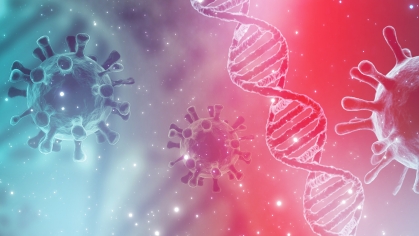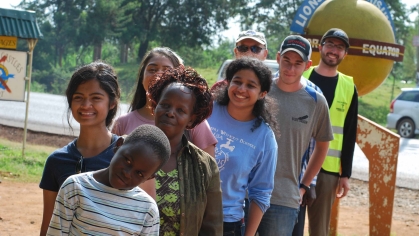Testing the Water
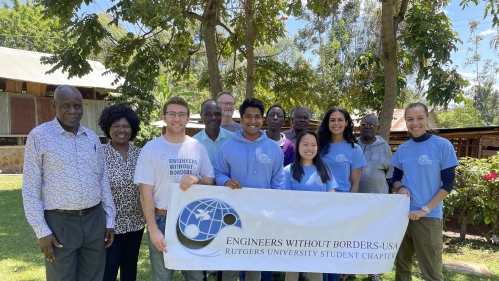
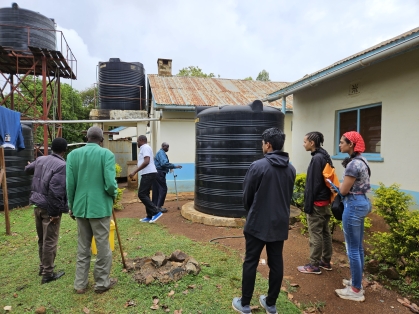
Rutgers Student Engineers Visit Kenya to Assess Well Water Quality
In 2018, a team of students from the School of Engineering’s Engineers Without Borders (EWB) chapter succeeded in drilling a borehole that has been supplying water to the Kenyan village of Kolunje, whose residents had long lacked a clean, sustainable source of water.
This March, over spring break, an EWB team again visited the village of more than 7,000 residents to assess the quality of the well and survey community members about its current conditions and usage.
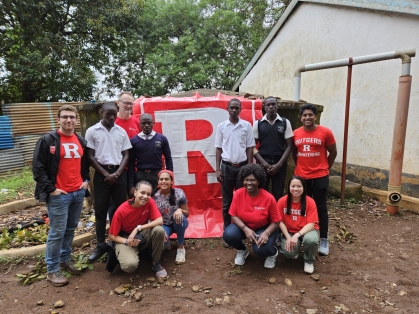
Before visiting Kolunje, Mandy Rafferty, a senior biomedical engineering major and Project Kenya co-team leader with environmental engineering major Amulya Nagella, reports that the EWB chapter knew that the Kolunje community’s water supply was not meeting all of its water needs.
Once on the ground, the visiting Project Kenya team of student team members Ishani Davé, David Garner, Kendra Stephens, and Nikhil Suresh, surveyed students from Kolunje community schools to learn more details about their daily and weekly water consumption. They soon discovered that for many of the local schools the supply of water was inadequate.
Seeking New Solutions
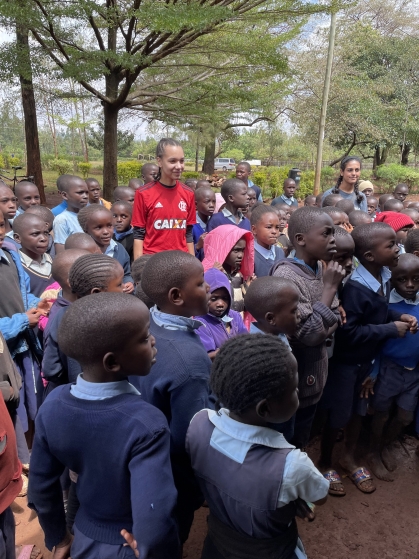
“We determined the total capacity and demand for water and found that many facilities do not have a sufficient water supply to meet the demand,” Rafferty reports.
“For our next steps, we aim to build a pipeline distribution network from the Magwar Model Secondary School to the hospital,” she says. We’re still assessing whether a hand pump or an electric pump would be ideal since electricity is not always reliable, although an electric pump that relies on solar power could also be an option.”
The group also took E. Coli samples from the Magwar Secondary School. Since the samples were inconclusive, they recommended that community members continue regular water testing for bacteria.
Improving Lives
Rafferty has been involved with EWB and Project Kenya since her freshman year. “What I most enjoy about EWB is that we are working directly with community members and stakeholders to make a big impact and greatly improve lives,” she says. “It’s good to be curious and ask questions. We listen to their specific needs so that we can create goals together to resolve issues they may be facing.”
